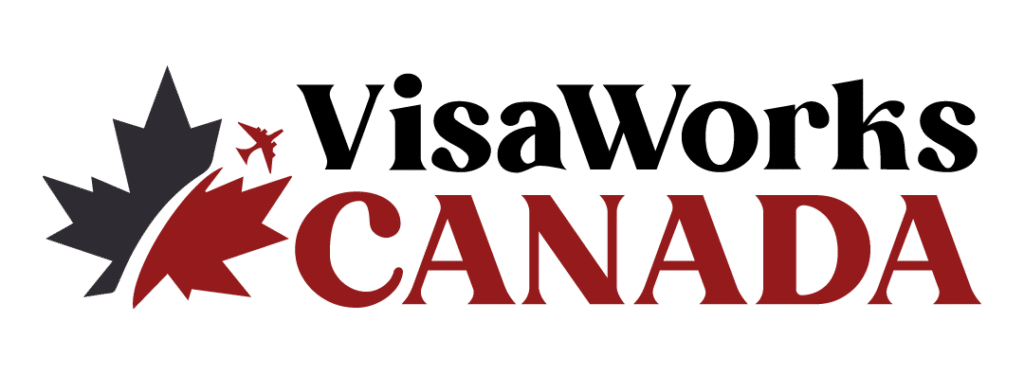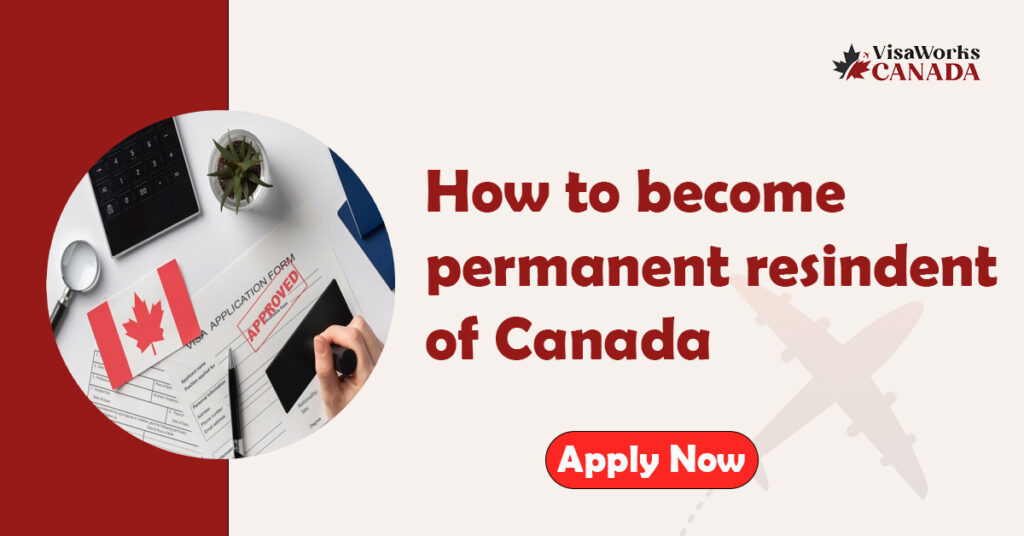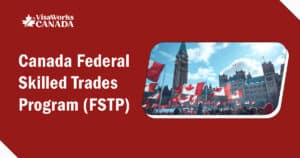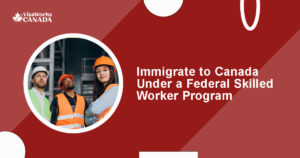Becoming a permanent resident of Canada is a significant milestone for many individuals seeking to build a new life in a welcoming and diverse country. Canadian permanent residency offers various benefits, including access to universal healthcare, education opportunities for children, and the ability to work and live anywhere in the country.
Eligibility Criteria for Canadian Permanent Residency
Express Entry System
The Express Entry System is the primary pathway for skilled workers to obtain permanent residency in Canada. To be eligible, candidates must meet the criteria of one of the eligible federal economic immigration programs, such as the Federal Skilled Worker Program, Federal Skilled Trades Program, or Canadian Experience Class. Additionally, candidates need to create an Express Entry profile and obtain a Comprehensive Ranking System (CRS) score based on factors such as age, education, work experience, language proficiency, and adaptability.
Provincial Nominee Programs (PNPs)
Provincial Nominee Programs (PNPs) offer an alternative route to Canadian permanent residency for individuals with specific skills or experience desired by a particular province or territory. Each province and territory has its own set of eligibility criteria and streams under the PNP, targeting skilled workers, entrepreneurs, and international graduates.
Family Sponsorship Program
The Family Sponsorship Program allows Canadian citizens and permanent residents to sponsor their eligible family members for permanent residency in Canada. Sponsors must demonstrate their ability to support the sponsored individual financially and ensure they do not require social assistance from the government.
Quebec-selected skilled workers
Quebec operates its own immigration programs and selects skilled workers based on its specific labor market needs and language requirements. Applicants must undergo a two-step process, including obtaining a Quebec Selection Certificate (CSQ) and then applying for permanent residency to the federal government.
Start-up Visa Program
The Start-up Visa Program is designed to attract innovative entrepreneurs who can contribute to the Canadian economy. To qualify, applicants must have a qualifying business idea, receive support from a designated organization, and meet language and financial requirements.
Self-employed Persons Program
The Self-employed Persons Program is for individuals with relevant experience in cultural activities, athletics, or farm management who intend to become self-employed in Canada. Applicants must demonstrate their ability to contribute to the cultural or athletic life of Canada or to the economy through farm management.
Atlantic Immigration Pilot Program
The Atlantic Immigration Pilot Program aims to address labor market needs in Canada’s Atlantic provinces, namely Nova Scotia, New Brunswick, Newfoundland and Labrador, and Prince Edward Island. Employers in these provinces can hire foreign workers for positions they have been unable to fill locally.
Benefits of Canadian Permanent Residency
Access to Universal Healthcare
Canadian permanent residents are eligible for provincial healthcare coverage, providing access to essential medical services at no or minimal cost. This coverage includes doctor’s visits, hospital care, and emergency services, ensuring residents can prioritise their health and well-being.
Education Benefits for Children
Permanent residents of Canada can enroll their children in public schools, where they have access to quality education and opportunities for academic and personal growth. Additionally, permanent residents may qualify for subsidies or financial assistance to support their children’s education, including post-secondary studies.
Employment Opportunities
Permanent residents have the right to work in any occupation and industry in Canada, giving them access to a wide range of employment opportunities. They can pursue their desired career paths, switch employers, or start their own businesses without restrictions typically faced by temporary residents.
Social Benefits and Security
Canadian permanent residents are entitled to various social benefits and programs designed to support individuals and families in need. These benefits may include unemployment insurance, retirement pensions, disability benefits, and child benefits, providing financial security and stability.
Challenges and Considerations
Language Proficiency Requirements
Applicants for Canadian permanent residency must demonstrate proficiency in English or French, Canada’s official languages. Meeting language requirements may involve taking language tests such as the International English Language Testing System (IELTS) or the Canadian Language Benchmarks (CLB) exam.
Financial Considerations
Applying for Canadian permanent residency involves various fees and expenses, including application fees, language test fees, medical examination fees, and settlement funds requirements. Applicants must ensure they have the necessary financial resources to cover these costs before initiating the application process.
Adaptation to Canadian Culture and Environment
Moving to a new country and adapting to a different culture and environment can pose challenges for newcomers. Adjusting to Canadian customs, climate, and societal norms may require time and effort, but the welcoming and multicultural nature of Canadian society often eases the transition for immigrants.
Legal and Immigration Processes
Navigating the legal and immigration processes involved in obtaining Canadian permanent residency can be complex and time-consuming. Applicants must familiarise themselves with the requirements, deadlines, and documentation needed for their chosen immigration pathway, seeking assistance from immigration professionals if necessary.
If you’re interested in visa services, guidance consultancy, expert talk, and more, feel free to reach out to VisaWorks Canada Ltd. for personalized assistance customized to your needs.
Tips for a Successful Permanent Residency Application
Start Early and Plan Ahead
Gathering required documents, completing language tests, and preparing for interviews take time. Starting the application process early allows applicants to address any potential issues or gaps in their eligibility and ensures they can meet deadlines without feeling rushed or stressed.
Gather Required Documents Carefully
Each immigration program has specific documentation requirements, such as educational credentials, work experience records, language test results, and police clearance certificates. Applicants must carefully gather and organize these documents to ensure their applications are complete and accurate.
Seek Professional Assistance if Needed
Navigating the Canadian immigration system can be daunting, especially for individuals unfamiliar with the process or facing complex eligibility issues. Seeking guidance from immigration consultants or lawyers can provide valuable support and advice throughout the application process, increasing the likelihood of success.
Be Patient and Persistent
The Canadian immigration process can be lengthy, with processing times varying depending on the immigration program and applicant’s circumstances. Applicants must remain patient and stay informed about the status of their applications, following up with immigration authorities if necessary while maintaining a positive outlook.
Common FAQs about Canadian Permanent Residency
How long does it take to get Canadian Permanent Residency?
Processing times for Canadian permanent residency applications vary depending on the immigration program, applicant’s country of residence, and individual circumstances. On average, Express Entry applications are processed within six months, while other programs may have longer processing times.
If you’re interested in visa services, guidance consultancy, expert talk, and more, feel free to reach out to VisaWorks Canada Ltd. for personalized assistance customized to your needs.
Can I work in Canada while waiting for Permanent Residency?
Individuals with valid temporary resident status, such as work permits or study permits, may continue to work or study in Canada while their permanent residency applications are in process. However, they must ensure their temporary status remains valid and comply with the conditions of their permits.
Can I apply for Canadian citizenship after obtaining Permanent Residency?
Permanent residents of Canada may be eligible to apply for Canadian citizenship after meeting certain residency requirements, including physical presence in Canada for a specified period. Citizenship applications are subject to additional eligibility criteria, language proficiency tests, and knowledge assessments.
Can I sponsor my family members for Permanent Residency?
Canadian citizens and permanent residents can sponsor their eligible family members, including spouses, partners, dependent children, parents, and grandparents, for permanent residency in Canada. Sponsors must meet specific financial requirements and commit to supporting their sponsored family members.
Conclusion
Summary of Key Points
Becoming a permanent resident of Canada is a significant milestone that offers numerous benefits, including access to healthcare, education, employment opportunities, and social benefits. By understanding the various pathways to permanent residency, meeting eligibility criteria, and navigating the application process effectively, individuals can achieve their goal of building a new life in Canada.
Closing Remarks
We hope this guide has provided valuable insights and information to help you understand how to become a permanent resident of Canada. If you have any questions or require further assistance, don’t hesitate to reach out to immigration professionals at VisaWorks Canada Ltd. for expert guidance and support. Best of luck on your journey to Canadian permanent residency!









